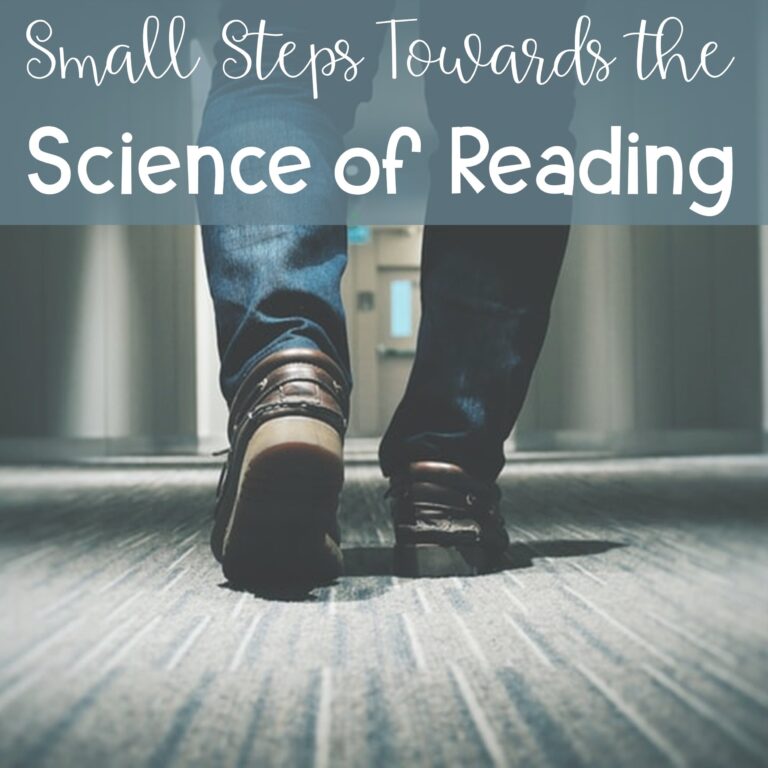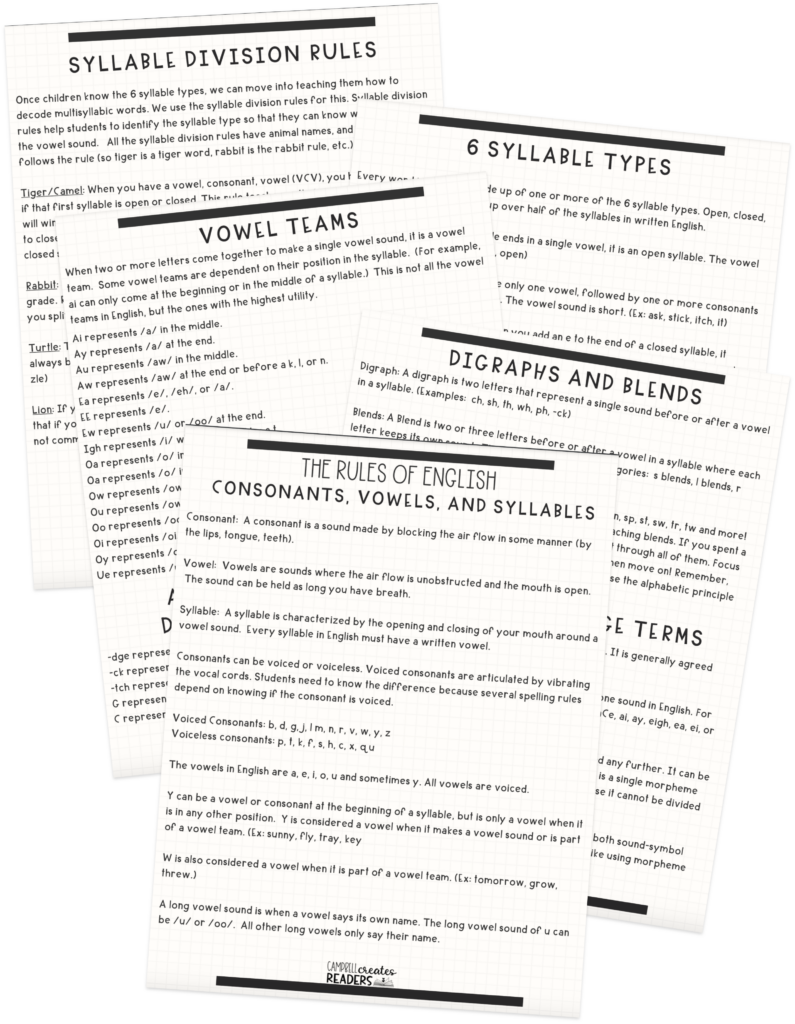
Share This:
Today marks my third look into the national Reading Panel. I’ve already discussed their work on phonemic awareness and phonics. Looking into fluency, though, the report felt different. There were no tables full of effect sizes: in fact they weren’t even able to conduct a metanalysis on one of their topics because there simply were not enough reports that met their criteria.
Fluency is one of the 5 pillars of reading instruction, yet it doesn’t feel like all the pillars are equal. So much of fluency is intertwined with how well a child can decode words. For the National Reading Panel, their focus was really two questions: does repeated reading have an impact on comprehension and do efforts to get children to read more have an effect on comprehension? Let’s look at both topics and discuss the implications for our own practices.
The answer is clearly, overwhelming yes. What’s even better? “It is also clear that these procedures are not particularly difficult to use; nor do they require lots of special equipment or materials”(NRP, 2000, p.3-20). All you need is the student, the text, and someone else to help provide feedback.

We must be careful, however, that we are not just assigning students to reread. While we can certainly give students some independent assignments, repeated readings are very beneficial when teachers can give feedback and guidance. Don’t forget that there are a variety of ways you can read a text with your students: echo reading (teacher reads, students echo the words), choral reading (teacher and students read together), partner reading (students take turns reading and coaching one another), and independent reading.
This section is not from the National Reading Panel, but my own implementation of the NRP’s results. In my classroom, I conduct repeated reading in several ways. The first and most important way I do this is by simply giving children time daily to reread from their decodable folders or other decodable books. (Make sure you check out my blog post on those folders!) While my students are whisper-reading, I go around and listen in as they read a few lines or a paragraph.
I ask all my students to whisper-read, even if they are just mouthing the words without vocalizing it. It is an easy way to ensure that all students are reading, and I often catch errors a student is making while listening in on another student.
The other question that the National Reading Panel wanted to explore was whether or not encouraging students to read more had an effect on reading achievement. They were looking at formalized efforts like DEAR time, SSR, and AR. Because there were so few reports that met the National Reading Panel’s criteria, they were unable to complete a meta-analysis on the data. Instead, they provided summaries and insight into the 14 studies they found.

Their results? The National Reading Panel states “Despite widespread acceptance of the idea that schools can successfully encourage students to read more and that these increases in reading practice will be translated into better fluency and higher reading achievement, there is not adequate evidence to sustain this claim”(NRP, 2000, p.3-28). So while we know the best readers read the most (more on that below), there simply isn’t evidence that just encouraging children to read more gives moves the needle in terms of their comprehension. (Feel free to access the National Reading Panel itself to see more about the studies concerning this).
I know that it can seem like we’re saying there’s no point in encouraging kids to read. I promise that isn’t the case. It has been proven time and time again that the best readers read the most. But it is important to remember that “these data are correlational and correlations do not imply causation. That is, it could be that if you read more, you will become a better reader; but it also seems possible that better readers simply choose to read more”(NRP, 2000, p.3-21). Remember, correlation does not imply causation.
I want children to have the time to read. I want them to know what it is like to pick up a book and not feel anxious because they know they won’t know how to read it. I want my students to look at a book and be able to tell whether or not it is something they would enjoy. But simply telling them to read is not the path to get there. We must give our children direct, explicit instruction in both word recognition and language comprehension. We cannot ask them to do a task that we have not successfully taught them to do. 30 minutes of independent reading in a kindergarten or beginning first grade classroom is pointless because they simply don’t know how to read yet.
Walking away from this section of the National Reading Panel, I had hoped to receive more clarity on the role fluency plays in our instruction. I’m not sure I feel completely satisfied. But, I can take comfort in knowing that there is value to rereading with guidance. That is an instructional practice that I use daily, and it reinforces the critical role of practice in learning to read. I’m also walking away from this confident that simply adding DEAR time in a school will not do anything in terms of comprehension. Like everything else in reading, it is much more complicated than that!
Share This:

Savannah Campbell is a K-5 reading specialist. She has taught her entire 12-year teaching career at the school she went to as a child. She holds two master’s degrees in education from the College of William and Mary. Savannah is both Orton-Gillingham and LETRS trained. Her greatest hope in life is to allow all children to live the life they want by helping them to become literate individuals.

Savannah Campbell is a K-5 reading specialist. She has taught her entire 12-year teaching career at the school she went to as a child. She holds two master’s degrees in education from the College of William and Mary. Savannah is both Orton-Gillingham and LETRS trained. Her greatest hope in life is to allow all children to live the life they want by helping them to become literate individuals.
Feeling overwhelmed with all the terminology out there? Want to know the key terms all teachers need to teach phonics? In this FREE Rules of English cheat sheet, you get a 5 page pdf that takes you through the most important terms for understanding English—you’ll learn about digraphs, blends, syllable types, syllable divisions, and move. Grab today and take the stress out of your phonics prep!
